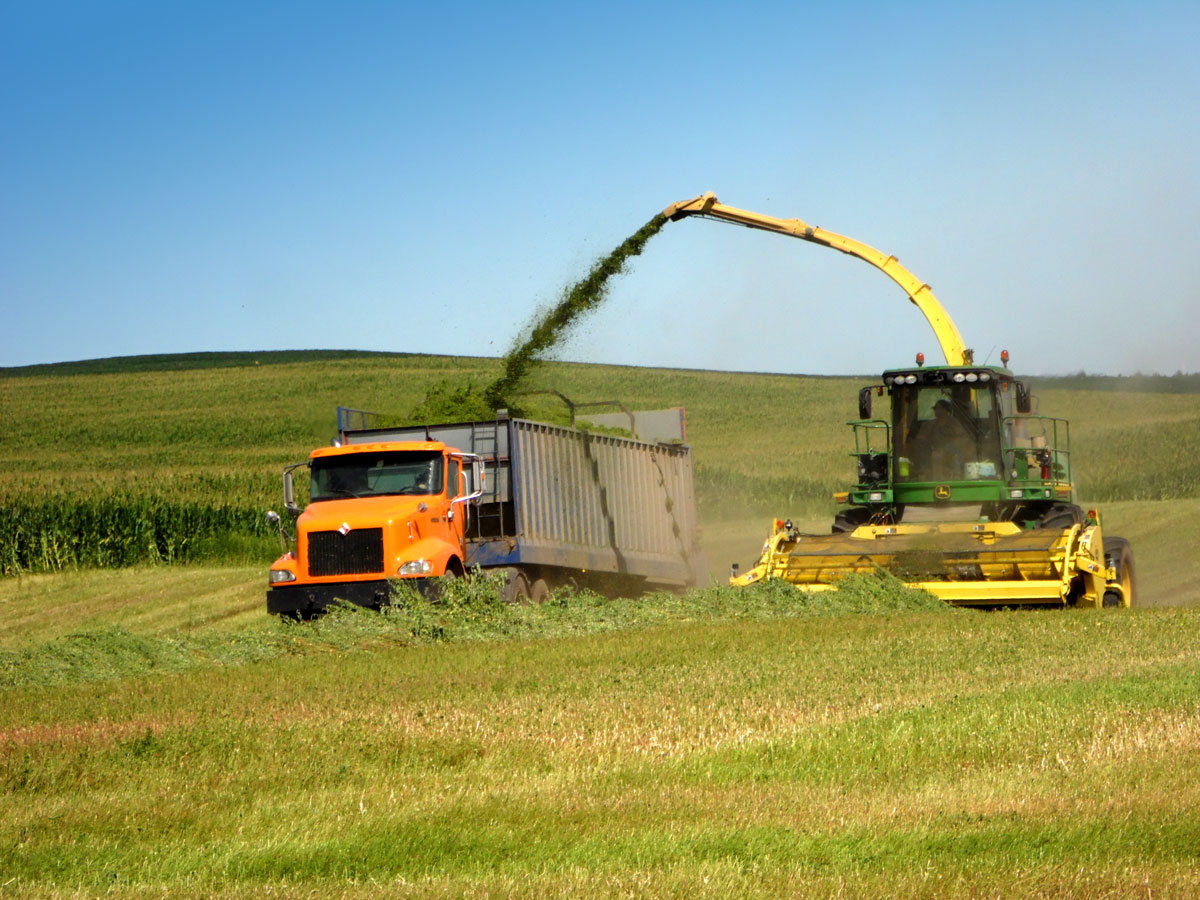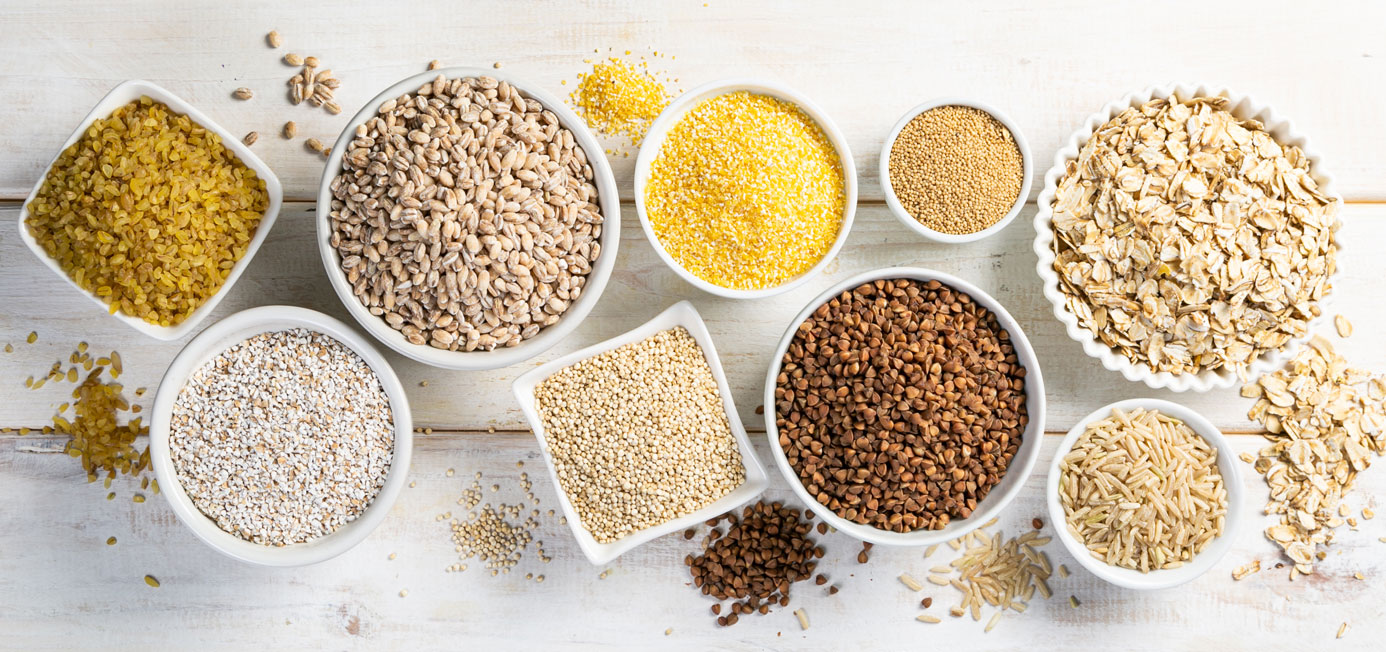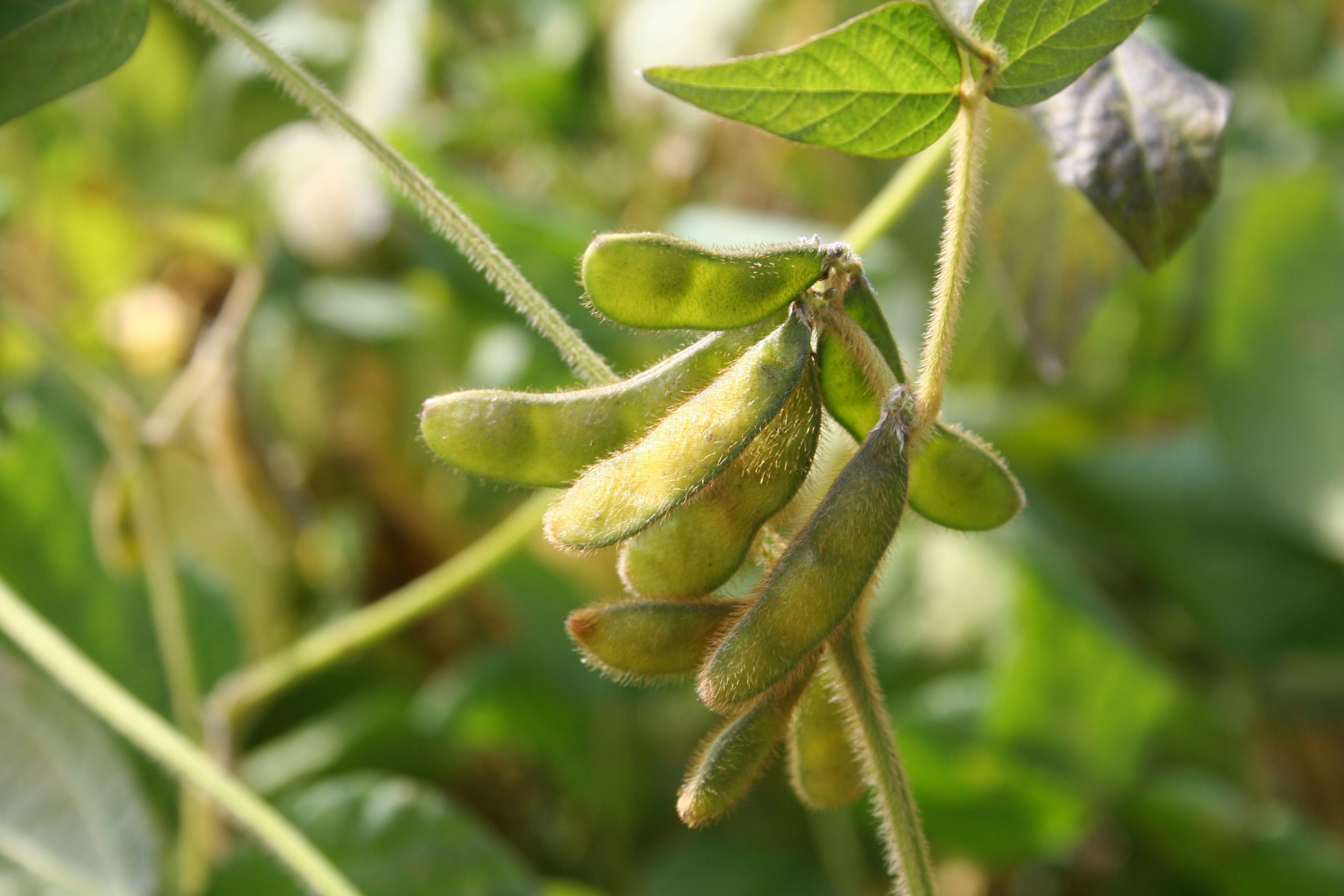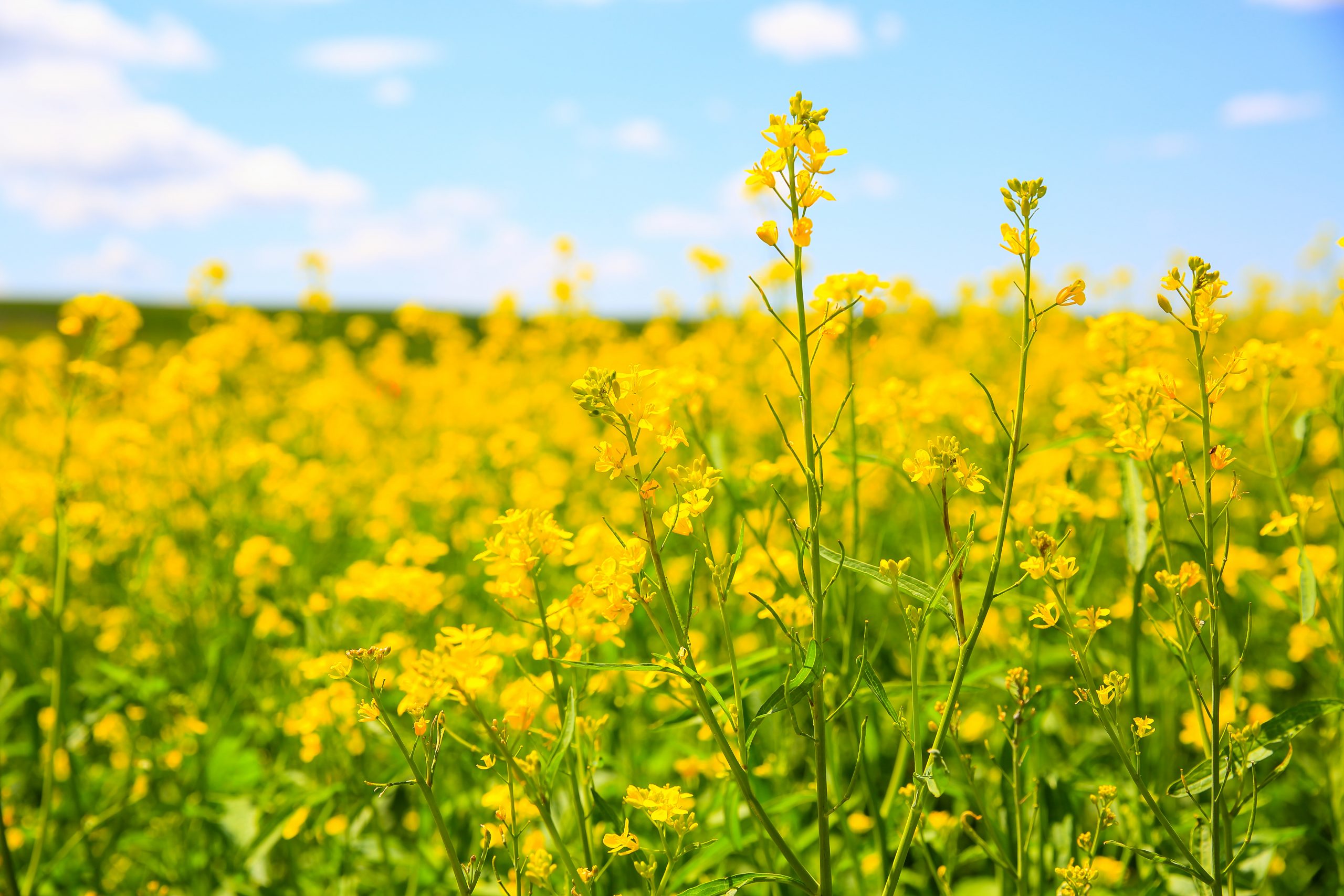- Published On: September 24, 2020
- Author: AgriSecure
The pandemic turned “normal” upside down in 2020, but it didn’t stop AgriSecure. Our members got their organic certification completed. On time.
COVID-19 caused communication delays. It created confusion across the nation. Still, all our members had their organic certification paperwork done by September. Why? For one, row crop farmers gained from our expertise in organics. They also enjoyed the benefits of our industry connections and simplified certification process. This year, we helped oversee the completion of 50+ certifications across more than 21,000 acres. We worked with farmers in 9 states, including South Dakota, Nebraska, Iowa, Minnesota, Kansas, Illinois, Wisconsin, New Mexico, and Arkansas.
With certification out of the way, our farmers can now focus on harvest. And they can look forward to reaping the rewards of organic premiums.
COVID-19 complicates organic certification
The paperwork for organic certification may be the top challenge faced by new organic farmers. In a typical year, it can be tough to stay on top of the record keeping and required documents. And learn a new production system at the same time. This year the coronavirus made farm management that much more complex.
Certifying agencies learned how to work remotely and safely. Still, they struggled to meet the expected turn around times for paperwork. Delayed replies pushed certification further back for farmers.
Daniel Rybak of Rybak Brothers Farms faced this very situation.
“By the first week of July, I found out that the certifying agency I was working with was not receiving all the paperwork for my certification,” says the Platte, South Dakota farmer.
Organic farmers dealt with other bumps in the roads besides paperwork, too. COVID-19 raised questions about policies and procedures, such as crop insurance. It wasn’t clear if the rules were going to change.
All of this took place at the start of the growing season. Farmers were already busy. They had to stock their inventories, prepare their fields, plant their crops, and manage weeds. Now they had to keep up with changing information that could impact their operations. And their profits.
It was frustrating. It could also hurt the bottom line. Take crop insurance, for example. Farmers must file paperwork correctly and on time. Otherwise, they risk getting kicked out of a claim. A mistake like that could result in losses of hundreds of thousands of dollars.
AgriSecure clears confusion and keeps certification moving
These challenges among others led farmers like Daniel Rybak to partner with AgriSecure in 2020.
As Daniel worked on a backup plan for his organic certification, he learned about AgriSecure from another farmer. They told him how easy it was for them to get certified last year.
“I was contacting AgriSecure within 20 minutes of that conversation,” Daniel says. “I met with the AgriSecure agent around July 20 to start the process and received my certification on September 14.”
Daniel believes his decision will allow him to sell his crops at organic premiums one year sooner.
“I am positive that if I did not switch agencies at that point, I would have had to postpone my organic certification until 2021,” he says.
The AgriSecure MyFarm Platform makes paperwork simpler
Why was AgriSecure able to help turn things around for Daniel so quickly? One primary reason is the MyFarm platform.
The cloud based app ensures farmers can collect all the info needed for organic certification. And it’s always handy. No more worries about how long it will take for your paperwork to reach the certifier. You submit the forms digitally, so they won’t get lost in the mail either. MyFarm also allowed AgriSecure to conduct virtual document reviews. This proved to be a time-saving approach. It helped keep all parties safe and moving in the right direction during the pandemic.
An key benefit of MyFarm is that it allows organic farmers to focus on what they best: farming.
It’s a big reason Eric Maaske is grateful he joined AgriSecure. Running five different entities on his Kearney, Nebraska, farm makes organic certification even more of a challenge.
“Luckily for me, AgriSecure took away all the complexity,” Eric says. “They sorted out the paperwork. And even helped me make sure it was all cross-referenced the way it needed to be. Thanks to AgriSecure, I was able to focus on my crops and my fields, instead of getting buried under the paperwork.”
Relationships keep members in the know
AgriSecure’s industry connections also helped members like Daniel and Eric complete their organic certifications quickly. And with fewer hassles. AgriSecure represents farmers with organic acres as well as transition acres, so we’ve developed a rapport with certification agencies. These relationships help keep the process streamlined.
Also, AgriSecure’s experts run their own successful organic famers. They really can say they’ve been there and done that. We understand the industry. When major disruptions arise (hello global pandemic), we were able to serve as a key link for our members. We took in the latest news, reviewed it and understood it. Our team asked more questions. Most important, we shared the facts with our members. We removed the clutter. This let our members focus only on the info needed to run their farms and make a profit.
The support saved our members time. They didn’t have to do their own research. It also took away stress. As part of the AgriSecure network, they could pay attention to their organic farming business. We navigated the certification hurdles for them. Many of our members have told us they’re glad they didn’t have to go this year alone.
Avoid costly mistakes for a smooth transition
Under normal circumstances, farmers won’t have to deal with a pandemic plus find their way with organic certification. But that doesn’t mean future challenges won’t come up.
In fact, the USDA and AMS recently proposed a set of additional requirements for organic supply chain members, farmers included. The new rules aim to reduce the amount of fraudulent grain in the market place. We believe the rules will greatly benefit the organic industry. They will also mean a higher level of scrutiny for organic farmers.
As the proposed rules evolve, AgriSecure is closely following along. We are preparing to help our members comply with the new requirements. And to do so with ease.
There’s no room for error with organic certification. Even if you do everything else right, one mistake could disqualify you. One member joined AgriSecure this year because he unknowingly started his transition with treated seed. He lost that year and realized he couldn’t afford to make a mistake like that again.
The rules and regulations of organic certification can be hard to grasp. It makes sense to have a trusted expert pay attention to the details for you. In some cases it could mean the difference between another year of $3 corn versus that $9 organic premium.
Profitable operations partner with AgriSecure
2020 highlighted the struggles organic farmers can face when they try to go it alone. Organic certification simply demands a lot of time and effort. You have to file your paperwork and follow the right procedures. All this admin work comes on top of the tasks you’re doing to keep your fields thriving.
If you want a trusted partner to help you with your organic farm, we hope you’ll reach out to us. It doesn’t matter if you’re just starting with organics. Or if you’re a seasoned veteran. Since 2018, we’ve helped farmers transition into organics and keep their operations profitable. We do this by:
- Identifying which acres would be best to transition
- Determining the right crop rotation and identifying markets
- Providing sound advice on organic weed management and much more.
The first consultation with us is always at no cost to you. If you’re ready to enhance your operation for years to come, please contact us today.
Related Articles
-
Organic Integrity: New Rules to Strengthen Organic Enforcement
Strengthening Organic Enforcement. Or SOE, for short. If you’re an organic farmer or in transition, chances are you’ve heard of it. But what does it all mean? In a lot of ways, it’s just like it sounds. SOE is a rule that gives regulators more oversight of organic production practices. As a result, it provides […]
-
Organic Transition Provides “Peace of Mind” and an Edge
Not so long ago, Todd Grohs realized he had a problem. He was doing the budget for his 5,000-acre farm in Wessington Spring, S.D., and the numbers didn’t look good. “I said, ‘I’ve got an option here. If I stay doing what I’m doing, in three to four years I’ll have all of my equity […]
-
Demand for Organic Foods Sets Up Long-Term Benefits for Farmers
When Steve Merfeld heard Farmers Business Network (FBN) was investing in AgriSecure, he started to think about whether his 2,200-acre farm in Nashua, Iowa, should get into organic production. He presented the idea to two farmers he works with and they agreed to investigate further. After meeting with AgriSecure and reflecting on their experiences with […]
-
Farm & Livestock Directory Looks to AgriSecure for Answers
Farmers have a lot of questions when considering the transition to organic crops. To help their readers, Farm & Livestock Directory looked to AgriSecure and Farmers’ Business Network to get started on seven common questions. Check out Thinking About Transitioning to Organic? Seven common questions answered to read AgriSecure Founder J.P. Rhea’s thoughts and insights. AgriSecure frequently answers […]
-
AgriSecure Answers Your Questions About Organic Transition
As the demand for organic products continues to rise, more farmers have become increasingly interested in exploring this growing market. However, the unknown can make farmers hesitant to begin transitioning conventional acres to organic. While organic farming comes with its own set of challenges, AgriSecure aims to arm farmers with the right resources to succeed. […]
Get in the know
Our newsletter, it’s a quick read. You’ll get industry news plus all the latest organic insights. Who doesn’t want that?






